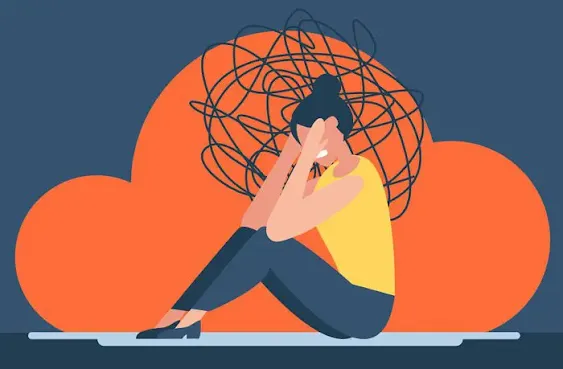Mental health refers to our cognitive, behavioral, and emotional well-being. It's all about how people think, feel, and behave. Mental health can affect daily life, relationships, and even physical health. Mental health also includes a person's ability to enjoy life - to attain a balance between life activities and efforts to achieve psychological resilience.
Importance of Mental Health
Mental health is essential at every stage of life, from childhood and adolescence through adulthood. It can affect various aspects of life, including:
- Physical health: Poor mental health can have negative impacts on physical health, such as increased risk of heart diseases, stroke, and type 2 diabetes.
- Relationships: It affects how we manage relationships with people around us.
- Productivity: Mental health can significantly influence productivity at work or school.
- Quality of life: It affects our ability to cope with stress, overcome challenges, build relationships, and recover from life’s setbacks and hardships.
How to Improve Mental Health
Improving mental health involves a combination of practices that enhance emotional, psychological, and social well-being. Here are some strategies:
- Stay Physically Active: Regular physical activity can help lower levels of anxiety and depression and improve your mood.
- Eat Healthily: A diet that's good for your physical health is also good for your mental health.
- Get Enough Sleep: Sleep affects your psychological state and mental health. Those who don't get enough sleep are at a higher risk of mental health issues.
- Practice Mindfulness or Meditation: These practices can help you stay grounded and maintain a focus on the present, reducing negative thinking and improving your mood.
- Build Strong Relationships: Having a strong support network can help you through tough times and decrease feelings of loneliness.
- Set Realistic Goals: Decide what you want to achieve academically, professionally, and personally, and write down the steps you need to realize your goals.
- Learn to Manage Stress: Identify your stress triggers and find ways to reduce stress, such as through hobbies, relaxation techniques, or talking to a trusted friend or professional.
- Seek Professional Help When Needed: Sometimes, the best way to improve your mental health is to seek professional help. Therapists, psychologists, and psychiatrists can provide support and treatment options.
- Limit Alcohol and Avoid Drugs: These substances can affect your mental health and can make mental health issues worse.
- Do Things You Enjoy: Make time for activities that make you happy. Engaging in hobbies or social activities can improve your mood and well-being.
Improving mental health is a dynamic process, as it requires balancing various aspects of life while dealing with the challenges that arise. Everyone's path to mental health is personal, but no one has to walk that path alone. There are resources and support systems available to help those who may be struggling.

